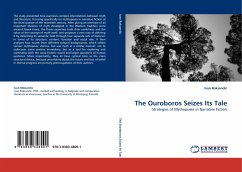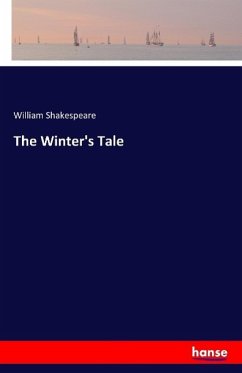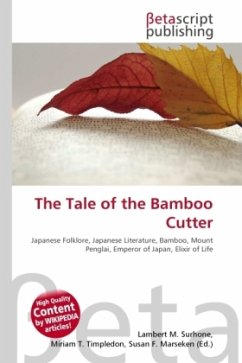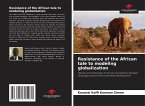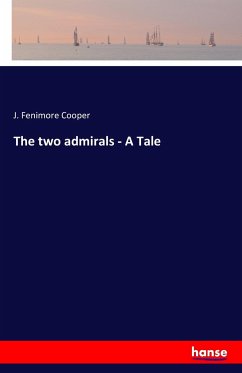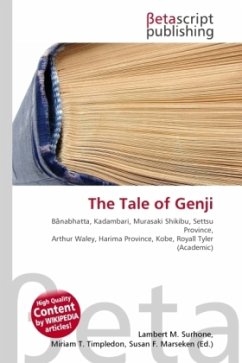The study presented here examines complex interrelations between myth and literature, focusing specifically on mythopoeia in narrative fiction of the third quarter of the twentieth century. After giving an overview of all important theories of myth developed in the Western tradition since ancient Greek times, the thesis examines both their usefulness and the value of the concept of myth itself, and proposes a new way of defining it by delimiting its semantic field through four separate sets of features: in terms of its structure, content, function and social role. It then analyzes four novels from different cultural backgrounds, which reflect various mythopoeic stances, but use myth in a similar manner: not to rediscover some pristine immediacy, but as a tool for exploring and contesting both the socio-historic world and larger questions of human existence. More importantly, they all have cyclical time as the main structural device, because uncertainty about the future and loss of belief in eternal progress are primary preoccupations of their authors.
Bitte wählen Sie Ihr Anliegen aus.
Rechnungen
Retourenschein anfordern
Bestellstatus
Storno

